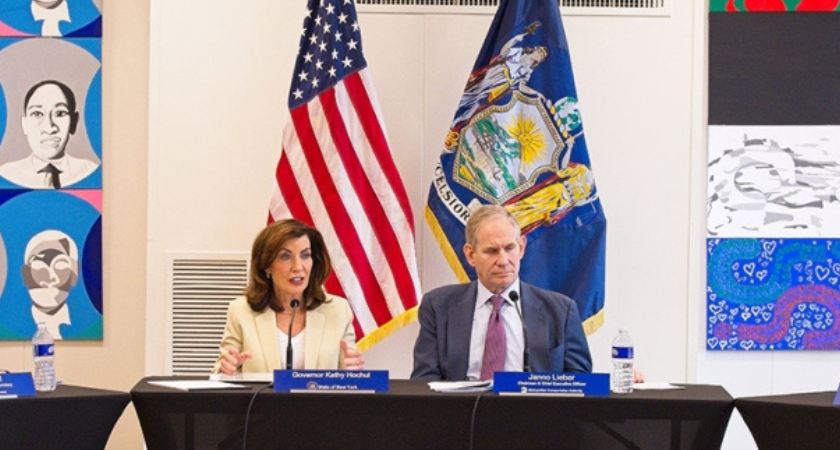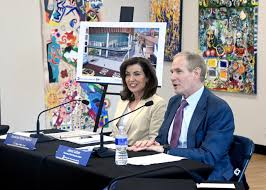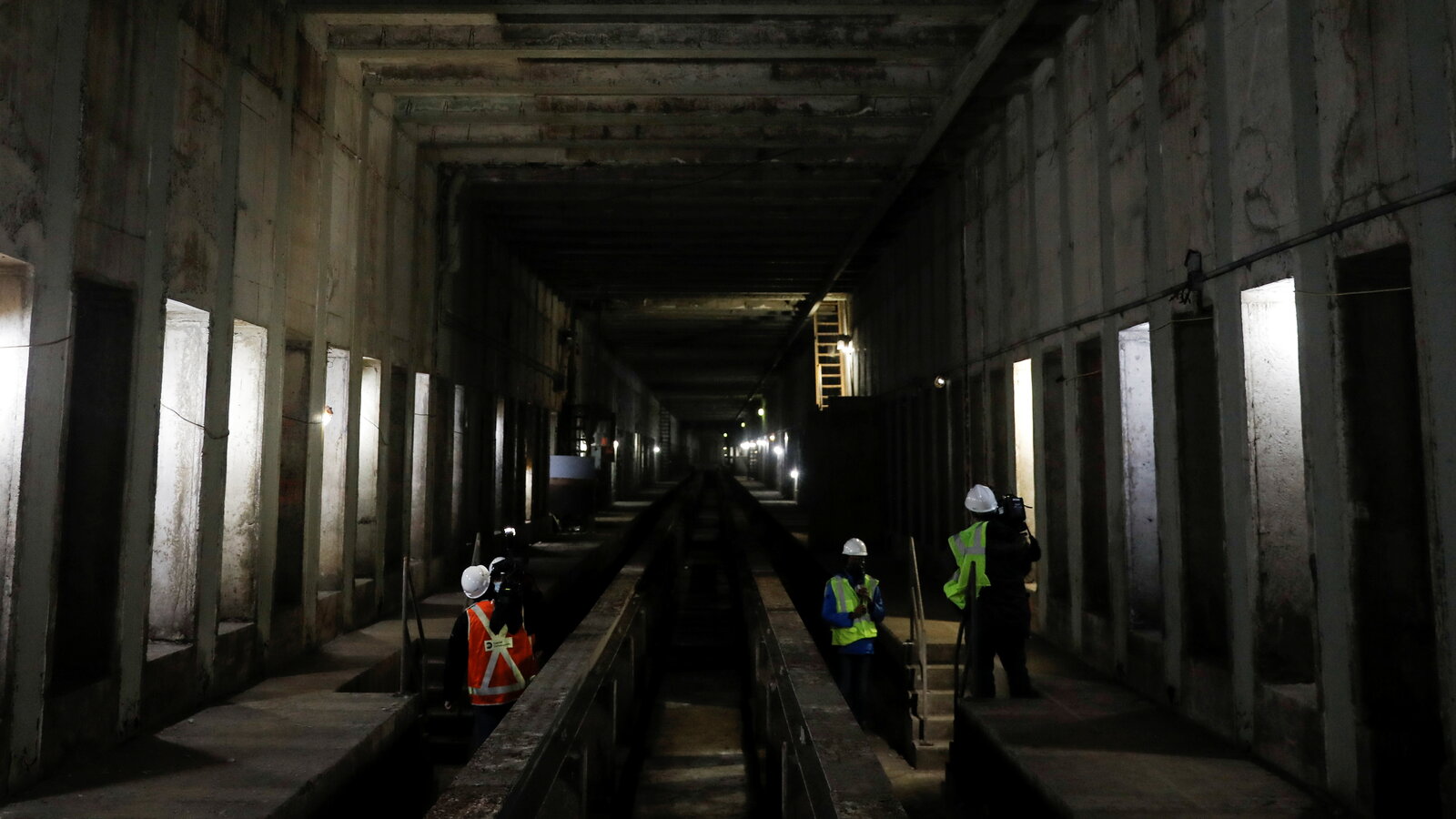
NEW YORK — Governor Kathy Hochul announced a major milestone in the long-awaited Second Avenue Subway Phase 2, with the Metropolitan Transportation Authority (MTA) Board approving a $1.97 billion tunneling contract. The project will extend Q train service from 96th Street to 125th Street, finally fulfilling a century-old promise to bring modern subway access to East Harlem.

The contract, awarded to Connect Plus Partners, a joint venture of Halmar International and FCC Construction, is the largest tunneling contract in MTA history. The work will involve extending the tunnel northward from 116th Street to 125th Street, including excavation for the future 125th Street Station. Importantly, the MTA will also reuse a tunnel segment built in the 1970s, saving $500 million in construction costs.
Governor Hochul emphasized the significance of the project for East Harlem residents.
“It's been a century since the people of East Harlem were promised the new subway they deserve — and we are finally getting it done. East Harlem is one of the most transit-reliant neighborhoods in New York, but every day, tens of thousands of commuters lack subway access. The Second Avenue Subway will change everything; it will shorten commutes for over 100,000 daily riders and make East Harlem more vibrant than ever. Awarding this contract means that the time for promises to this community is over and the time for building is here — next stop 125 Street!”
Early preparatory work is set to begin in late 2024, with major civil construction starting in 2026. Tunnel boring, using 750-ton tunnel-boring machines with 22-foot diamond-studded drill heads, will begin in 2027. Phase 2 is scheduled to open for service in September 2032.
The expansion will include three new ADA-accessible stations at 106th Street, 116th Street, and 125th Street. The new 125th Street station will also connect directly to Metro-North Railroad and existing 4/5/6 subway service, offering East Harlem unprecedented connectivity to the city and region.
The $6.99 billion project, partly funded by congestion pricing revenues, is expected to generate over 70,000 jobs, with a 20% local hiring goal for East Harlem residents. The MTA projects the expansion will benefit 110,000 additional daily riders and shorten commutes by up to 20 minutes.
MTA Chair and CEO Janno Lieber noted the larger vision:

“This is a meaningful step forward not only for the project but everyone in East Harlem and Central Harlem. Locals have waited almost 100 long years for their promised subway extension. Thanks to investments from Governor Hochul and our partners in Washington, today the new MTA is moving forward with the largest tunneling contract in agency history, but – more important – with a project that pencils at the lowest cost per rider of any heavy rail project in America.”
The Second Avenue Subway was first proposed in the 1920s, with partial construction in the 1970s halted during the fiscal crisis. East Harlem has since remained underserved, with many residents relying heavily on overcrowded Lexington Avenue trains. Phase 1 of the Second Avenue Subway, completed in 2017, extended service from 63rd Street to 96th Street. Phase 2 will finally bridge the gap and extend service into Harlem, transforming transit equity for one of New York City’s most transit-dependent neighborhoods.
With 70% of East Harlem residents relying on public transit and the neighborhood home to one of the largest concentrations of affordable housing in the U.S., Phase 2 is considered not just an infrastructure project, but a lifeline for mobility, opportunity, and economic growth.
Jamie Torres-Springer, MTA Construction and Development President, highlighted the agency’s approach:
“After generations of promises, the new MTA is delivering. Today’s contract award brings us closer to world-class transit service in East Harlem. Using lessons learned from Phase 1, we’re excited to keep our momentum going and complete this contract better, faster, and cheaper than ever.”
The project also sets the stage for future transit-oriented development in Harlem, potentially boosting small businesses, increasing property values, and attracting new investment.
Originally reported by Governor. NY. Gov.